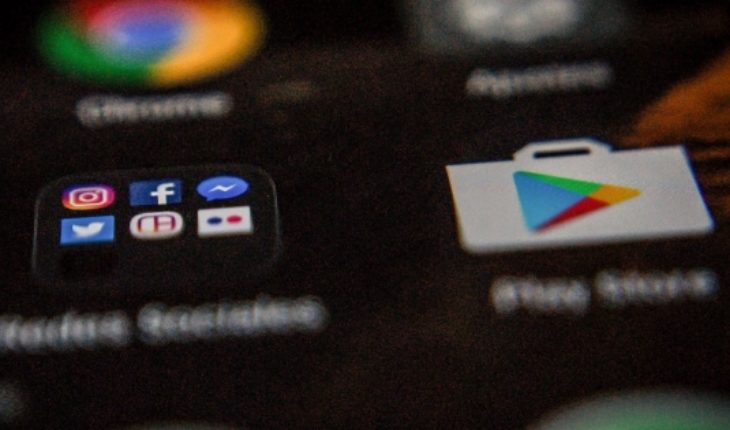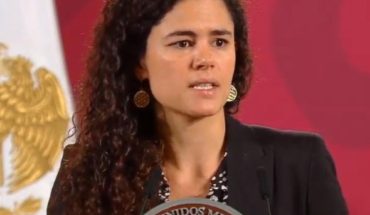One of the main focuses in the wake of Chile’s political-social crisis is the media and the role of journalists. It is a normal and legitimate concern since it is journalists who have a duty to report rigorously and uncover those truths that are often difficult to perceive. Moreover, what is generated most in times of crisis is uncertainty, and one of the things that helps to lower that uncertainty is having reliable information about what is happening in our environment. But there is one enemy: misinformation.
We understand “misinformation” as false content that has a clear purpose of causing harm. Do not confuse with “misinformation”, which is not accurate information but is not intended to cause harm. From the mixture of the two appears what people commonly call “fake news” and that can be expressed in different ways: (1) when the images accompanying the informational text do not support what is narrated, (2) when reliable content is contextualized with information false, (3) when genuine information – including images – is altered in order to persuade rather than report, and in the worst case (4) when an informationpiece is completely invented in order to misinform.
There is something tremendously relevant to all this when we talk about information, especially in times of crisis; what social scientists know as “confirmation bias.” In simple words, the “confirmation bias” manifests itself when a person faces an informational piece and interprets it based on his prior knowledge and values, regardless of whether such information is true or not. For example, a person who has a bad view of Carabineros de Chile, will tend to criticize the media and their news if they feel they do not report enough about the responsibility of uniformed in the current crisis. And so it is the case with a myriad of themes.
The important thing about “confirmation bias,” misinformation, and the role of journalists is that such a bias will always exist in the audience, but it must not exist in the journalist who goes out to cover an event. The communicator must allow the hearing to form its own impression of the facts, to the extent that verifiable information and testimonials from early sources are delivered.
Finally, with regard to the audience, the use of social media should be educated as a legitimate means of informing themselves. Recent studies show how Chileans prefer to use their social media accounts to find out what’s going on in the country and the world, but at the same time that use would increase the spread of misinformation and fake news, contributing to greater feeling uncertain and that there are no consensus on easily verifiable facts.
The content poured into this opinion column is the sole responsibility of its author, and does not necessarily reflect the editorial line or position of El Mostrador.





